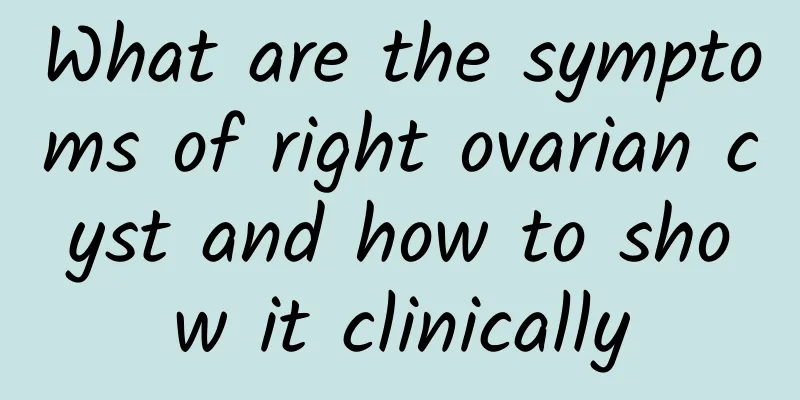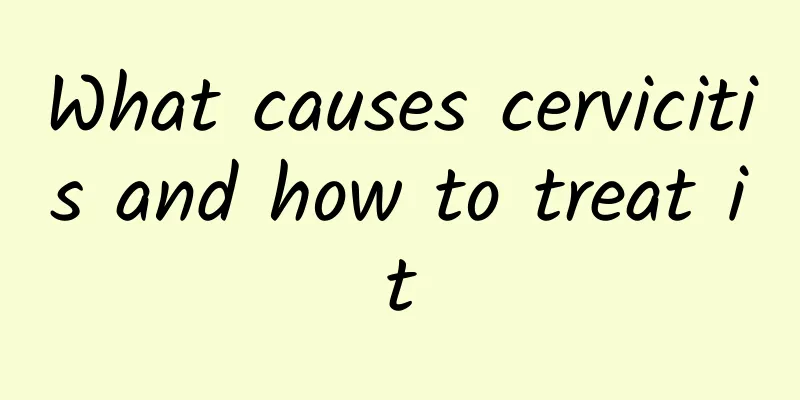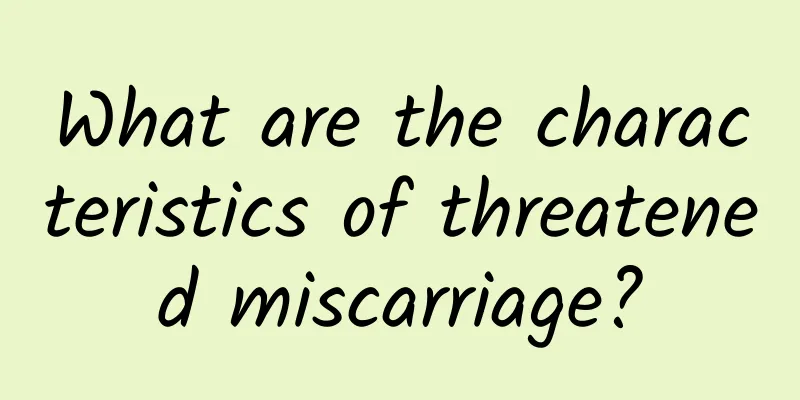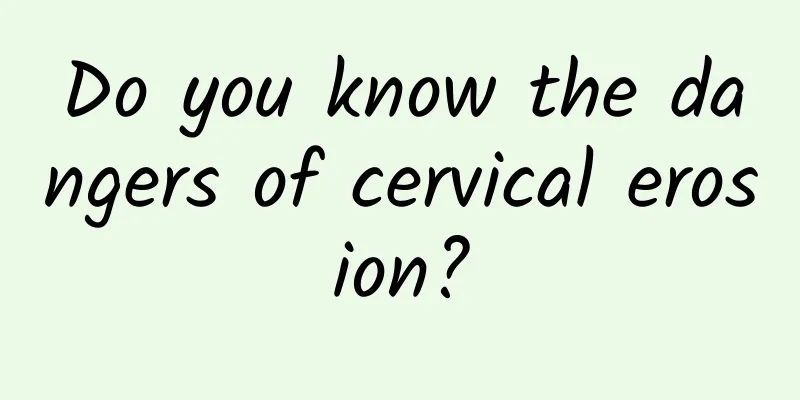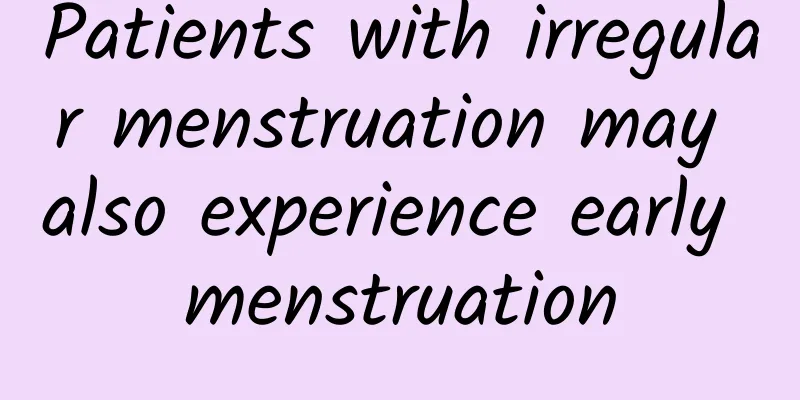Can I get pregnant with an ovarian cyst?
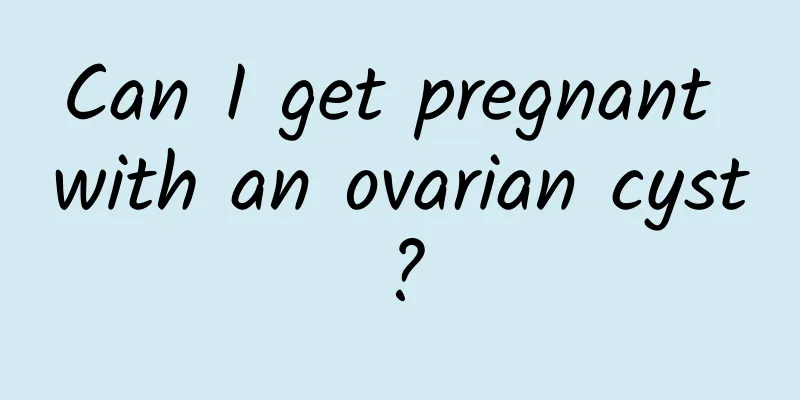
|
Whether or not a patient with an ovarian cyst can become pregnant depends on the type and size of the cyst. Most functional cysts do not affect pregnancy, but pathological cysts may require treatment before pregnancy. Functional cysts usually do not require special treatment, while pathological cysts can be treated with medication, surgery, or assisted reproductive technology. 1. Functional cysts are physiological cysts formed in the ovaries during ovulation, such as follicular cysts and corpus luteum cysts. They usually disappear on their own during the menstrual cycle and will not have a significant impact on pregnancy. This type of cyst does not require special treatment and can be checked regularly. 2. Pathological cysts include endometriosis cysts and teratomas, which may affect ovarian function or cause fallopian tube obstruction, thereby reducing the chance of pregnancy. For this type of cyst, the treatment plan should be selected according to the specific situation. Drug treatment such as oral contraceptives and gonadotropin-releasing hormone agonists can inhibit cyst growth; surgical treatment such as laparoscopic cyst removal can preserve ovarian function; for severe cases, assisted reproductive technology such as in vitro fertilization can be considered. 3. Polycystic ovary syndrome PCOS is a common pathological cyst, which manifests as polycystic ovarian changes, ovulation disorders and abnormal hormone levels. Treatment includes lifestyle adjustments such as weight control and a balanced diet, drug therapy such as metformin, ovulation-inducing drugs, and surgery such as ovarian drilling. 4. Patients with ovarian cysts should undergo detailed examinations before preparing for pregnancy, including ultrasound and hormone level testing, to clarify the nature of the cyst. For cysts that require treatment, they should complete the treatment under the guidance of a doctor before preparing for pregnancy to increase the success rate of pregnancy and reduce the risk of pregnancy. Whether patients with ovarian cysts can become pregnant needs to be comprehensively judged based on the type of cyst and individual conditions. Functional cysts usually do not affect pregnancy, and pathological cysts need to be treated before preparing for pregnancy. It is recommended to conduct detailed examinations and personalized treatments under the guidance of a doctor to ensure the health of mother and child. |
<<: What are the symptoms of physiological ovarian cysts?
>>: What to do if secondary amenorrhea is not treated
Recommend
How much does it cost to treat cervical precancerous lesions?
How much does it cost to treat cervical precancer...
What should you pay attention to when you get pregnant again after a miscarriage? Be sure to pay attention to these 3 points
If a woman has had a miscarriage before, she need...
The prevention and treatment of cervical hypertrophy is mainly reflected in several aspects of life
The prevention and treatment of cervical hypertro...
To prevent vaginitis in summer, you should pay attention to the following points
Summer is the peak season for vaginitis, but how ...
What happens if cervical precancerous lesions are not treated?
For patients with cervical precancerous lesions, ...
What are the small blood clots that are common during menstruation?
What are the small blood clots that are common du...
Excessive tension during menstruation can cause dysmenorrhea
Many women suffer from dysmenorrhea, the causes o...
Can color Doppler ultrasound detect ectopic pregnancy? Vaginal color Doppler ultrasound is more accurate
Ectopic pregnancy is something every pregnant wom...
Get rid of sciatica and practice this trick while lying down! 3 minutes to relieve pain
Sitting for a long time is the root of all diseas...
Qingming Festival "stuffing" trap many commercially available spring cakes = 2 bowls of rice
The Qingming Festival holiday is coming soon. In ...
Typical symptoms of irregular menstruation
There are many things that happen during a woman&...
Can I have an abortion during breastfeeding? Women should try to avoid breastfeeding pregnancy
If breastfeeding mothers become pregnant, it is a...
How to treat cervical hypertrophy?
How to treat cervical hypertrophy? Experts say: S...
Interpretation: Symptoms of dysmenorrhea in women
What are the symptoms of dysmenorrhea? Experts sa...
What causes backache during ectopic pregnancy? Is it caused by blocked fallopian tubes?
Ectopic pregnancy is actually a relatively common...
